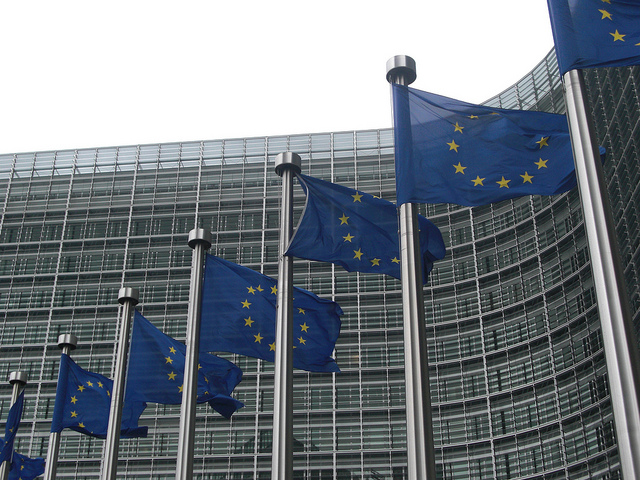NUR-SULTAN – The European Commission adopted May 15 a new strategy on relations with Central Asia meant to deepen relations and capitalise on the region’s growing influence.
“Central Asia has always been a key region: for its history, for its culture, and for its role of connecting East and West. Today it is becoming more and more strategic, amid positive internal and regional dynamics, as well as increasing global challenges that demand a strengthened partnership,” said EU High Representative for Foreign Affairs and Security Policy Federica Mogherini in announcing the new strategy.
“Resilience and prosperity will be the pillars of our cooperation with Central Asia, of our support to sustainable development and reform processes, to the benefit of our citizens.”
The strategy will need to be approved by the Council of the European Union at the level of the foreign ministers.
If approved by the council, as is expected, the strategy would establish a stronger partnership with the five countries of Central Asia: Kazakhstan, the Kyrgyz Republic, Tajikistan, Turkmenistan, and Uzbekistan, according to the European Commission website.
The strategy seeks to deepen cooperation in the region in two ways. First, the EU seeks to collaborate with Central Asia to strengthen Central Asian states’ capacity to overcome internal and external shocks and enhance their ability to embrace reform. Second, the EU plans to support economic modernisation, promote sustainable productivity and invest in youth in the region.
The EU will also help facilitate dialogue and cooperation among Central Asian nations.
The EU’s renewed vision for a partnership with Central Asia comes at a key moment of fast-developing Euro-Asian connectivity, reform and opening up in some of the countries of the region and new momentum for regional cooperation.
Commissioner for International Cooperation and Development Neven Mimica called the EU a leading development partner for Central Asia, supporting the region with more than $1.12 billion between 2014-2020 in areas, such as the rule of law, environment, water, trade and border management.
“Through a renewed partnership, we want to strengthen our engagement with Central Asian partners to help them make the region more resilient, prosperous and better inter-connected,” Mimica said.
Promoting peace in Afghanistan in cooperation with Central Asian partners is also one of the EU’s priorities.
According to ec.europa.eu, the European Union intends to conclude negotiations with Uzbekistan and the Kyrgyz Republic on an agreement similar to the Enhanced Partnership and Cooperation Agreement (EPCA) that the EU has signed with Kazakhstan in 2015.
In line with its Strategy on Connecting Europe and Asia and using existing frameworks of cooperation, the EU will establish partnerships on sustainable connectivity with the countries of Central Asia, following market principles, guaranteeing transparency and based on international standards. Predicted areas of cooperation include transport, energy and digital connections, as well as people-to-people contacts.
Mogherini and Mimica will present the EU Strategy on Central Asia at the 15th EU-Central Asia Ministerial meeting July 7 in Bishkek.

